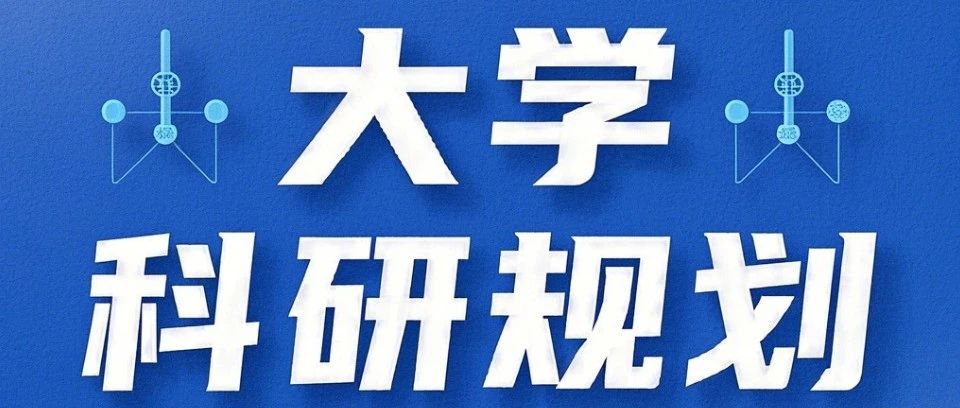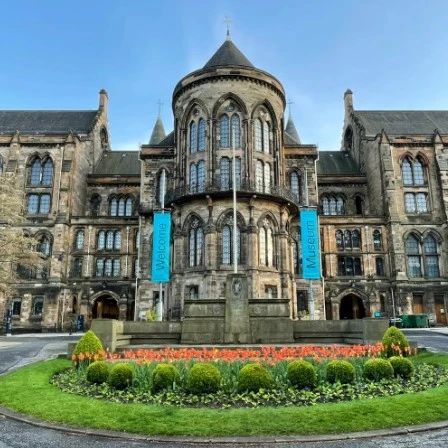今天要跟大家分享的是IGCSE经济Factors of production部分的详细笔记。
Factors of production是指the economic resources of land, labour, capital and entreprise.
接下来我们一个一个来看。
Land
Land: all natural resources in an economy. This includes the surface of the earth, lakes, rivers, forests, mineral deposits, climate etc.
·The reward for land is the rent it receives.
·Since, the amount of land in existence stays the same, its supply is said to be fixed. But in relation to a country or business, when it takes over or expands to a new area, you can say that the supply of land has increased, but the supply is not depended on its price, i.e. rent.
·The quality of land depends upon the soil type, fertility, weather and so on.
·Since land can’t be moved around, it is geographically immobile but since it can be used for a variety of economic activities it is occupationally mobile.
Labour
Labour: all the human resources available in an economy. That is, the mental and physical efforts and skills of workers/labourers.
·The reward for work is wages/salaries.
·The supply of labour depends upon the number of workers available (which is in turn influenced by population size, no. of years of schooling, retirement age, age structure of the population, attitude towards women working etc.) and the number of hours they work (which is influenced by number of hours to work in a single day/week, number of holidays, length of sick leaves, maternity/paternity leaves, whether the job is part-time or full-time etc.).
·The quality of labour will depend upon the skills, education and qualification of labour.
·Labour mobility can depend up on various factors. Labour can achieve high occupational mobility (ability to change jobs) if they have the right skills and qualifications. It can achieve geographical mobility (ability to move to a place for a job) depending on transport facilities and costs, housing facilities and costs, family and personal priorities, regional or national laws and regulations on travel and work etc.
Capital
Capital: all the man-made resources available in an economy. All man-made goods (which help to produce other goods – capital goods) from a simple spade to a complex car assembly plant are included in this.
·The reward for capital is the interest it receives.
·The supply of capital depends upon the demand for goods and services, how well businesses are doing, and savings in the economy (since capital for investment is financed by loans from banks which are sourced from savings).
·The quality of capital depends on how many good quality products can be produced using the given capital. For example, the capital is said to be of much more quality in a car manufacturing plant that uses mechanisation and technology to produce cars rather than one in which manual labour does the work.
·Capital mobility can depend upon the nature and use of the capital. For example, an office building is geographically immobile but occupationally mobile. On the other hand, a pen is geographically and occupationally mobile.
Entreprise
Enterprise: the ability to take risks and run a business venture or a firm is called enterprise. A person who has enterprise is called an entrepreneur. In short, they are the people who start a business. Entrepreneurs organize all the other factors of production and take the risks and decisions necessary to make a firm run successfully.
·The reward to enterprise is the profit generated from the business.
·The supply of enterprise is dependent on entrepreneurial skills (risk-taking, innovation, effective communication etc.), education, corporate taxes (if taxes on profits are too high, nobody will want to start a business), regulations in doing business and so on.
·The quality of enterprise will depend on how well it is able to satisfy and expand demand in the economy in cost-effective and innovative ways.
·Enterprise is usually highly mobile, both geographically and occupationally.
All the above factors of productions are scarce because the time people have to spend working, the different skills they have, the land on which firms operate, the natural resources they use etc. are all in limited in supply; which brings us to the topic of opportunity cost.













